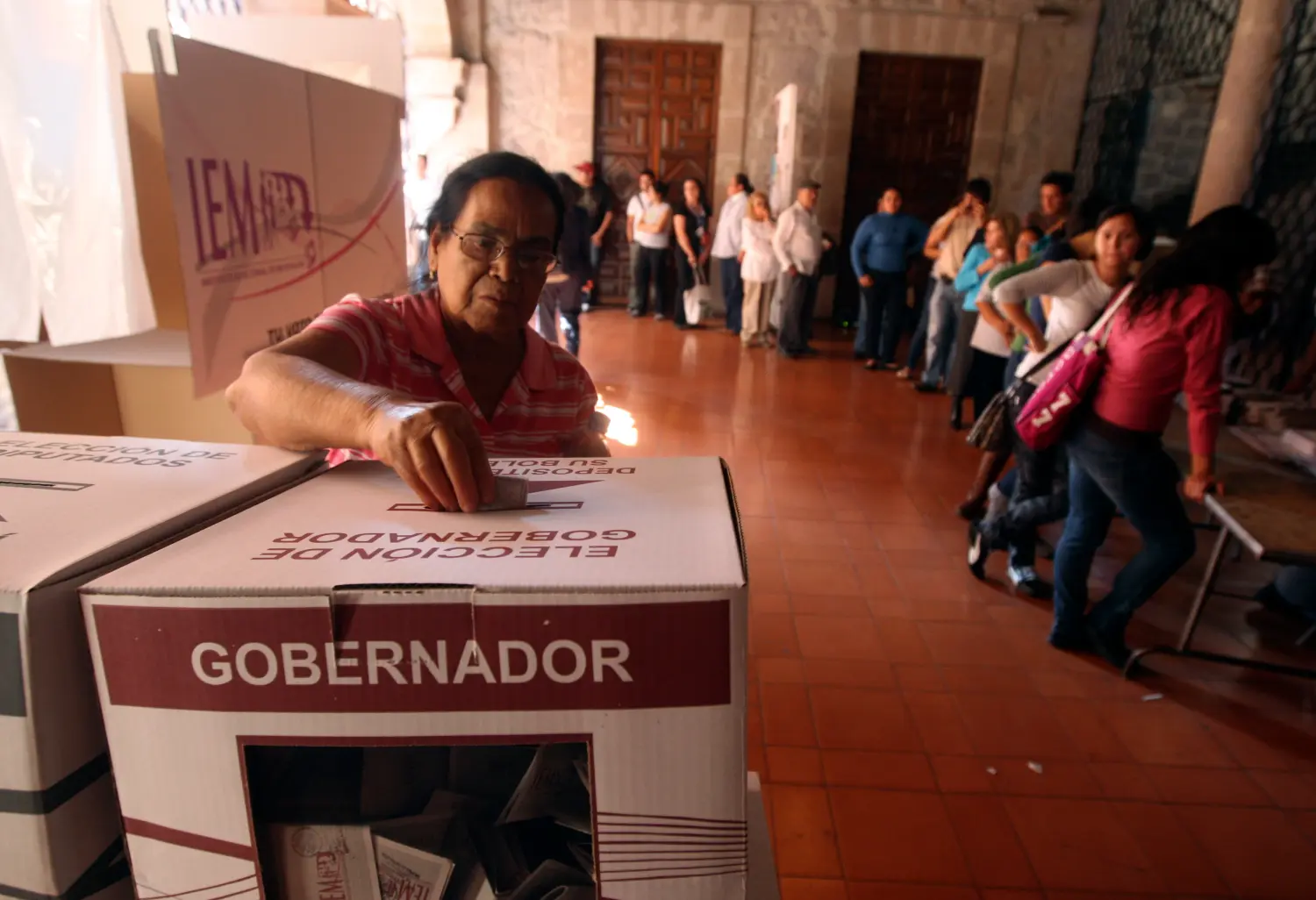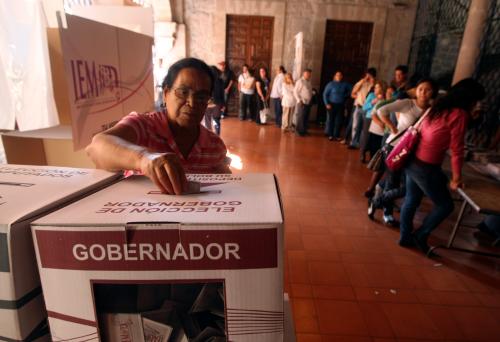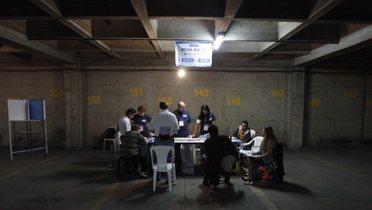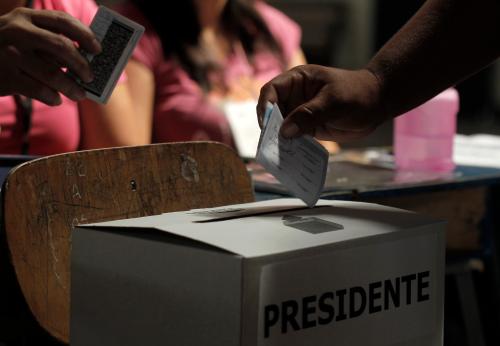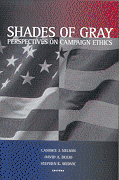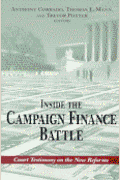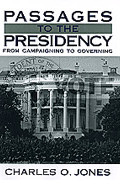The use of economic resources to support election campaigns is an essential ingredient of democratic competition. Often viewed as a malady of democracy, campaign finance is actually part of the normal workings of democratic life. However, it is indisputable that money is capable of inflicting significant distortions on politics and policymaking. When there is a failure to regulate money in the political process or existing regulation is ineffectual, the legitimacy of democratic processes can be jeopardized.
These concerns are particularly relevant to Latin America, a region plagued by a highly unequal income distribution, and where organized crime has a major presence, transacts billions of dollars each year in illicit business, and has the potential to corrupt democratic institutions. In this policy brief, Kevin Casas-Zamora and Daniel Zovatto offer practical guidance for making campaign finance regulation feasible and increasing its likelihood of success. In undertaking reform, countries should prioritize the most urgently needed changes with the broadest political consensus. Proposals for reform include:
• Establish greater control over private funding of parties and election campaigns;
• Create a public subsidy system to ensure fair access for parties and candidates to adequate funding to finance both regular day-to-day operations and election campaigns;
• Adopt mechanisms to keep campaign spending from skyrocketing;
• Craft party and candidate reporting systems to increase accountability, transparency, and disclosure; and
• Establish a graduated and credible system of sanctions for the chief financial officers of political parties in the event of violations of the rules in force.
The Brookings Institution is committed to quality, independence, and impact.
We are supported by a diverse array of funders. In line with our values and policies, each Brookings publication represents the sole views of its author(s).


